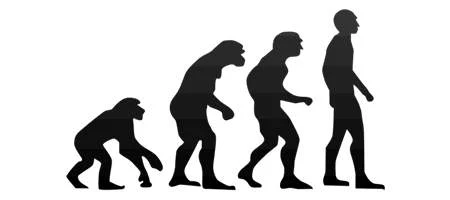Human beings are evolving much more slowly than previously believed, new research shows – maybe at just a third of the rate.

On average, it appears, children inherit about thirty mutations from each parent, rather than the 100 to 200 that was previously estimated.
“Your genome, or genetic code, is made up of six billion pieces of information, called nucleotides. Three billion come from each parent, and based on indirect evolutionary studies, we had previously estimated that parents would contribute an average of 100-200 mistakes in these pieces of information to their child,” says Philip Awadalla of the University of Montreal’s Faculty of Medicine.
“Our genetic study, the first of its kind, shows that actually much fewer mistakes – or mutations – are made.”
The discovery means that geneticists will now have to revise their estimates of the number of generations separating us from genetic relatives such as apes.
“In principle, evolution is happening a third as slowly as previously thought,” says Awadalla.
The researchers examined the complete genomes of two sets of parents and their children. They confirmed that, as theorized, men contribute more mutations to their offspring than women.
This is because mutations occur during cell division and DNA replication, and with men producing many millions more sperm than women do eggs, more mutations would come from men compared to women.
Indeed, in one of the families studied, the man contributed six times as many genetic errors to his children. Suprisingly, though, in the other the figure was only 36 per cent.
“This doesn’t mean that we’re throwing the theory out the window; it simply means that the mutation rate is extremely variable from individual to individual, or even that some people have mechanisms that reduce the likelihood of mutations,” says Awadalla.
This finding could help researchers tie specific mutations to particular diseases, says the team.






